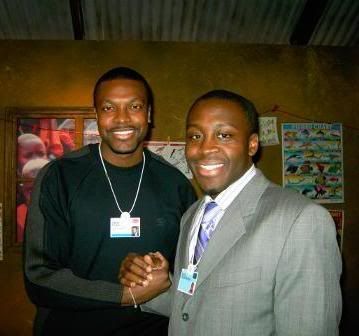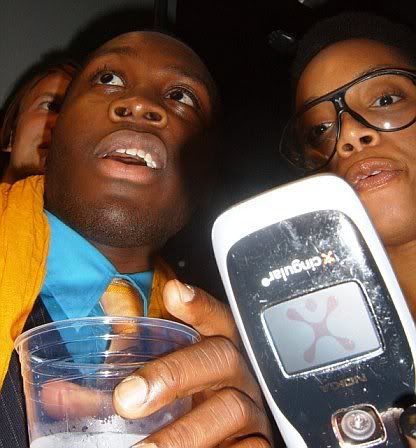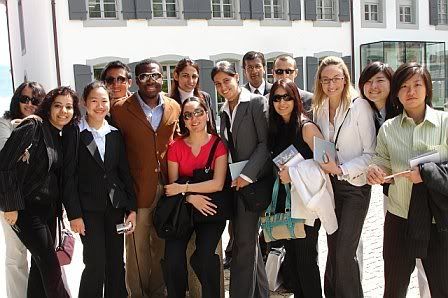Chinese Leader to Visit Sudan for Talks on Darfur Conflict

SHANGHAI, Jan. 24 — Chinese officials announced Wednesday that President Hu Jintao would visit Sudan in early February and would seek a diplomatic solution to the conflict in the country’s western Darfur region, which the United States has described as genocide.
Mr. Hu’s visit to Sudan will be part of an eight-country tour of Africa, the latest of a string of high-level visits to the continent by Chinese officials.
In recent months, China has faced widespread criticism for its economic engagement with Sudan at a time when government-allied militias known as the janjaweed have carried out frequent attacks on civilian populations in western Darfur. At least 200,000 people have died in the conflict since early 2003, and many thousands have been forced to flee their homes.
 China has played a leading role in building a thriving oil industry in Sudan amid the violence in Darfur, and now imports more than 64 percent of Sudan’s oil exports, accounting for nearly 5 percent of China’s petroleum imports.
China has played a leading role in building a thriving oil industry in Sudan amid the violence in Darfur, and now imports more than 64 percent of Sudan’s oil exports, accounting for nearly 5 percent of China’s petroleum imports.
A Foreign Ministry spokesman said that China would use its diplomatic influence to encourage a settlement of the Darfur crisis, but that China would not publicly pressure Sudan or threaten it with sanctions.
“The Sudan issue should be resolved like any other — through peaceful negotiation,†Assistant Foreign Minister Zhai Jun said at a news conference in Beijing. “Using pressure and imposing sanctions is not practical and will not help settle the issue.â€
Mr. Zhai acknowledged China’s prominent role as a leading trading partner of Sudan’s and said China would sign new economic agreements with the country during Mr. Hu’s visit. “With Sudan, we have cooperation in many aspects, including military cooperation,†he said. “In this, we have nothing to hide.â€
China’s intense engagement with the continent has brought increasing scrutiny, and very often criticism, from Western governments and from international human rights groups and others who say China ignores questions of governance and of rights as it pursues business opportunities in Africa.
 Despite the vow not to pressure the Sudanese government, Chinese diplomatic analysts said the announcement of a diplomatic initiative with Sudan was a turning point in China’s foreign policy and in its relations with Africa in particular.
Despite the vow not to pressure the Sudanese government, Chinese diplomatic analysts said the announcement of a diplomatic initiative with Sudan was a turning point in China’s foreign policy and in its relations with Africa in particular.
“This is a remarkable change,†said Shi Yinhong, an expert in international relations at People’s University in Beijing. “It would boost China’s image in the West, and would be welcomed in Africa, too.â€
Mr. Shi said that during the recent China-Africa summit meeting in Beijing, Mr. Hu had pushed the Sudanese president, Omar Hassan al-Bashir, in private to cooperate with the United Nations.
“China has begun to follow a different pattern on this issue,†Mr. Shi said, adding, “When the world talks about China’s rise, naturally that places demands and pressure on China to take on more responsibility.â€
An expert in African affairs, however, expressed more caution. “China now is showing slightly different tactics, paying more attention,†said He Wenping, director of African studies at the Chinese Academy of Social Sciences, in Beijing. “Hu’s visit at least gives a clear signal that China thinks the Sudan issue is important and China wants to play a role. But China’s strategy remains the same, and as always, it uses quiet diplomacy to keep a constructive engagement, rather than waving a stick.â€
In the last two years, Africa has been the focus of a huge push by Chinese diplomats and companies to expand China’s influence abroad. Africa’s many countries offer China a rich source of support in United Nations votes and help in securing petroleum and other natural resources needed by China’s booming economy.
 Africa is also a stage of China’s bitter diplomatic contest with Taiwan, with China offering large amounts of foreign aid and investment to countries in order to keep them from recognizing Taiwan, which this country regards as a breakaway province.
Africa is also a stage of China’s bitter diplomatic contest with Taiwan, with China offering large amounts of foreign aid and investment to countries in order to keep them from recognizing Taiwan, which this country regards as a breakaway province.
The Foreign Ministry spokesman, Mr. Zhai, acknowledged that there had been problems in certain countries, like Zambia, where there were riots last year at a Chinese-controlled copper mine after a labor dispute over working conditions. “We are also trying to educate Chinese businesses who have interests in Africa and investments there to respect social conventions and observe local laws and regulations,†he said.
Fan Wenxin contributed reporting.

 Eos350
Eos350 Eos 400DÂ Â Â Â
Eos 400DÂ Â Â Â  EOS 30D
EOS 30D Ricoh Caplio R5
Ricoh Caplio R5




